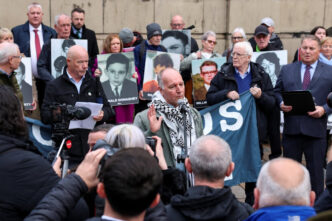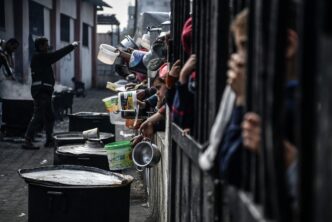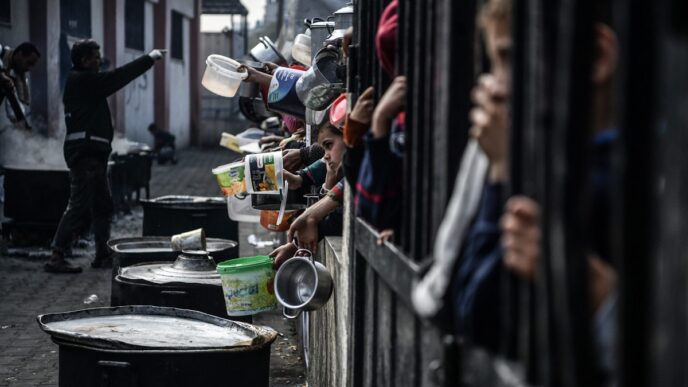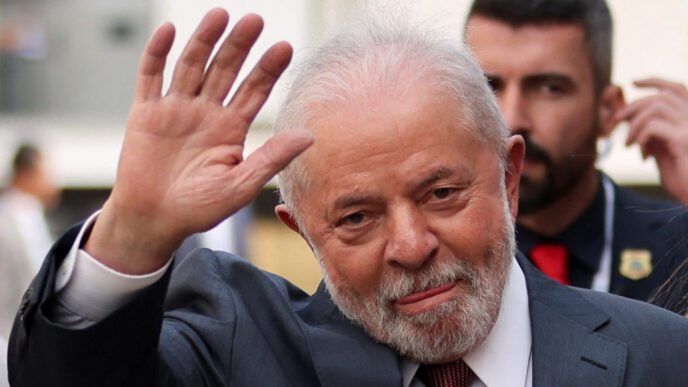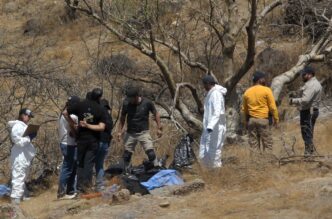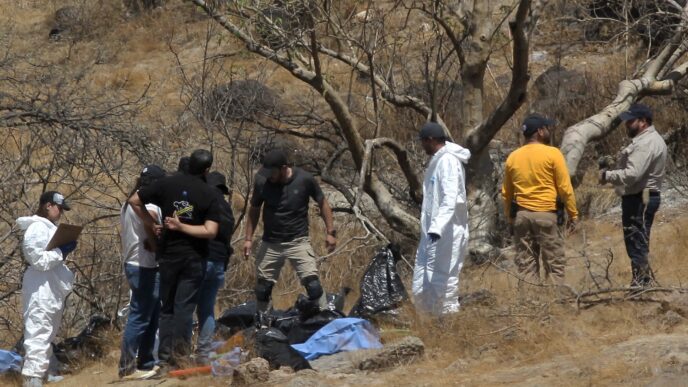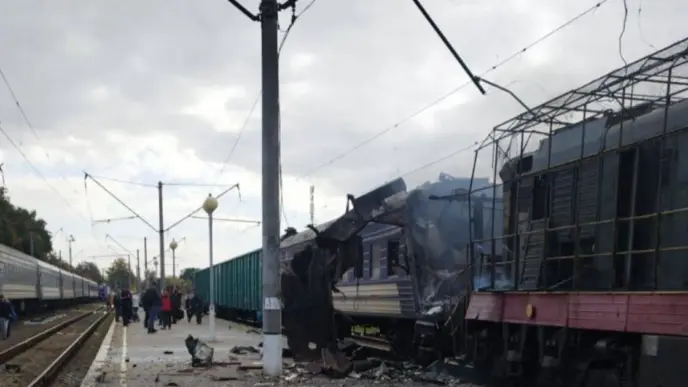A Belfast court on Thursday acquitted a former British paratrooper, known as Soldier F, of the murders of unarmed civilians during the 1972 Bloody Sunday massacre, a verdict that has drawn condemnation from victims’ families and Northern Ireland’s political leadership.
The case remains one of the most contentious legacies of “The Troubles” — three decades of sectarian conflict in Northern Ireland that claimed around 3,500 lives before the 1998 peace agreement. On 30 January 1972, British troops opened fire on civil rights demonstrators in the predominantly Catholic Bogside area of Londonderry, killing 13 people, with a 14th victim dying later from injuries sustained.
Delivering the ruling, Judge Patrick Lynch acknowledged there had been an intention to kill but said prosecutors failed to “establish by whose hand the fatal shots were fired.” He therefore acquitted Soldier F on all seven counts, including two charges of murder and five of attempted murder.
The former soldier, who listened to the verdict from behind a curtain to protect his identity, had been accused of killing James Wray and William McKinney, as well as attempting to murder five others during the violent crackdown on protesters.
Bloody Sunday remains one of the darkest chapters in Northern Ireland’s history, fuelling support for the Provisional IRA and intensifying the conflict between Irish nationalists and British authorities.
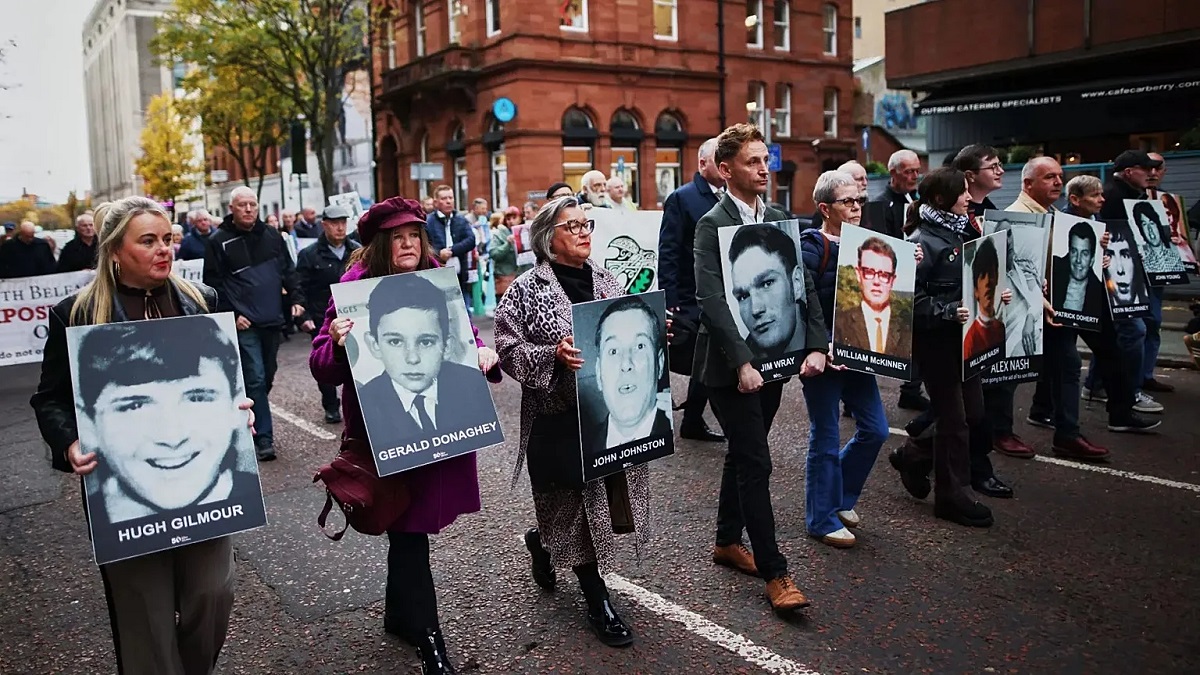
Northern Ireland’s First Minister, Michelle O’Neill of Sinn Féin, denounced the acquittal, calling it a continuation of “the denial of justice for the Bloody Sunday families.”
Outside the court, relatives of the victims expressed their outrage. “Soldier F created two young widows on Bloody Sunday, he orphaned 12 children and he deprived dozens of siblings of a loving brother,” said Mickey McKinney, whose brother was among those killed. He blamed the British state and the Royal Ulster Constabulary (RUC) for failing to conduct a proper investigation.
In contrast, Democratic Unionist Party (DUP) leader Gavin Robinson urged that a line be drawn under the events of 1972, praising the “honour” of the vast majority of those who served in the armed forces.
The trial, which lasted a month, concluded last week. Soldier F did not testify, claiming he could no longer reliably recall the events. Prosecutors maintained that the shootings were “unjustified” and argued it was “implausible” that the ex-soldier could not remember whether he fired his weapon.
The case followed decades of inquiries and investigations. The initial 1972 Widgery Tribunal was widely condemned as a whitewash after it cleared soldiers of wrongdoing. However, the 12-year Saville Inquiry — the most extensive in UK legal history — later found in 2010 that the victims posed no threat and that the soldiers had lost control. That report led then-Prime Minister David Cameron to issue a historic apology, calling the killings “unjustified and unjustifiable.”
Northern Irish prosecutors recommended charges against Soldier F in 2019, but the case has faced repeated delays. The likelihood of other former soldiers being prosecuted is now considered slim.
The verdict comes shortly after the UK government announced new legislation to address the legacy of the Troubles, intended to allow stalled inquests to proceed. A government spokesperson reaffirmed its commitment to “acknowledging the past” while supporting those who “served their country during an incredibly difficult period in Northern Ireland’s history.”


 Trending
Trending 
